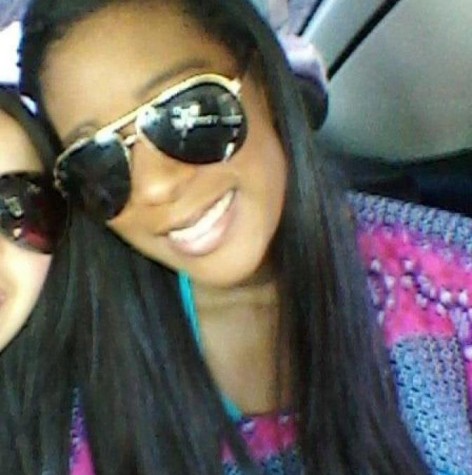More so than ever, the terms Facebook, YouTube, and Twitter generally carry a negative connotation with them, but why?
Social Media is good for society provided that people learn something from it. Looking up the definition of the term Social Media on Social Media Road Maps this is what you will find,
“Social Media refers to the means of interactions among people in which they create, share, and/or exchange information and ideas in virtual communities and networks … Social Media technologies take many different forms including magazines, Internet forums, weblogs, social blogs, micro blogging, wikis, social networks, podcasts, photographs or pictures”
Much of the criticism of social media is about its ability to actually connect to people, cyber bullying and decreased productivity. However it is also argued that social media has positive effects such as professional development, staying in tune with the world on a global scale, inside classroom use and how social media actually promotes better learning .
According to Student Advisor top Universities such as John Hopkins, Harvard, Norte Dame, Ohio State and, Columbia, more so than ever professors are integrating social media sites such as Facebook, Twitter, and Youtube into the classroom. Not only as a learning tool, but also to remind students regarding test, assignment due dates, conferences, supplies needed, lesson recaps, and to answer homework questions.
Benefits of Social media in the classroom include; increase in the use of academic or educational networking- connecting their work socially and academically to a wider world, brings additional voices to the classroom to help stimulate engagement, discussion, and understanding, development of 21st century skills needed in higher education and their future careers. In an online blog on the topic of Pop Culture Jeroen Bettema said “ I use Twitter to share my thoughts, ideas, information with others to learn or get inspired by others. I love the way professionals use Twitter as a backchannel during conferences, using tags, adding depth to presentations and discussions”.
Why can’t we get it right? Designing high-quality professional development for standards-based schools(2nd ed.), Matthew Speck says; “Professional development refers to the acquisition of skills and knowledge both for personal development and career advancement, Professional development encompasses all types of facilitated learning opportunities, ranging from college degrees to formal coursework, conferences, and informal learning opportunities. A wide variety of people, such as teachers, military officers and non-commissioned officers, health care professionals, lawyers, accountants and engineers engage in professional development”.
To encourage and accelerate the significant growth of online professional development, companies use discussion boards and wikis, to optimize training. As college students right now we are engaging in professional development, striving to obtain a degree in which we are optimizing our personal development and job growth. The skills we learn in our last two years of attending a University will help us get better jobs because of the major specific knowledge we obtained through seminars, coursework and training sessions.
Companies like Google are practicing professional development, offering their employees a wide range of free classes to take of their free time. Speck also goes onto to say; “People obtain information, education, news and other data from electronic print and media. Social media are distinct from the industrial or traditional media such as newspapers, television, and film as they are comparatively inexpensive and accessible. They enable anyone to publish or access information. Industrial media generally requires significant resources to publish information as in most cases the articles go through many revisions before being published”.
With this being said social media allows the First Amendment; freedom of religion, freedom of the press, freedom of speech, to be exercised by more than just Americans, a wide range of people on a global scale to practice their human rights.

